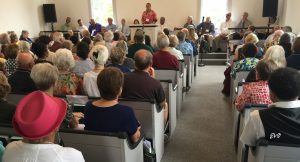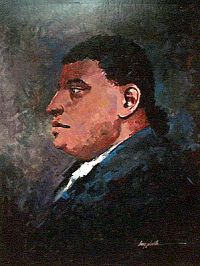Paul Cuffe’s Special Relationships
Paul Cuffe evolved from an unschooled child living within the Wampanoag community on the South Coast of Massachusetts into a charismatic and inspirational leader widely known and respected on both sides of the Atlantic. He was born on the island of Cuttyhunk in 1759, the son of a freed slave and a Native American woman. He was largely self-educated but attained a high level of literacy and writing abilities. He learned other skills such as navigation and shipbuilding through on-the-job experience. Within the short lifespan of fifty-eight years, Paul Cuffe became a widely respected leader in many organizations and causes devoted to abolition of slavery, bringing progress to the people of Africa and supporting Quaker groups in America and England to improve the lot of their fellowman.
Throughout his life, he built powerful relationships with key people in America, England and Africa that were most helpful in advancing the causes to which he was committed. Two of the most important of these relationships were with two very different families on the South Coast of Massachusetts: the Rotches, a prominent and wealthy Quaker family of Nantucket and New Bedford, and the Wainers, a humble Native American and African-American family of Dartmouth and Westport.

